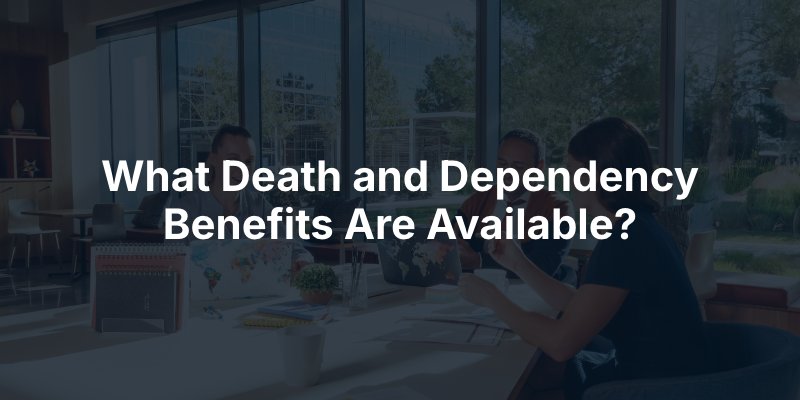When a worker dies from a job-related injury or illness, California’s workers’ compensation system provides financial assistance to the worker’s surviving dependents. These death and dependency benefits are designed to ease the economic burden on families who relied on the worker’s income.
Contact our Orange County workers’ comp lawyer to discuss your legal options. Schedule a free consultation today.
California law recognizes two types of dependents: total and partial.
Dependency status is determined at the time of the worker’s injury, not at the time of death.

Death and dependency benefits in California provide two key forms of financial support:
Dependents receive weekly payments based on the worker’s wages. The total amount depends on the number of dependents:
Partial dependents may share in benefits if there are no total dependents, or they may receive a portion of benefits depending on the level of support they received. Payments are typically issued in the same manner as temporary disability benefits: two-thirds of the worker’s average weekly wages, subject to statewide maximums.
California law also requires employers to cover reasonable burial costs up to $10,000. This amount helps surviving families manage funeral expenses without additional financial strain.
How long benefits last depends on the dependent’s status:
This structure ensures ongoing financial protection for the most vulnerable family members.
The process of obtaining death and dependency benefits requires filing a claim through the employer’s workers’ compensation insurance. Steps include:
If benefits are denied or disputed, dependents may pursue the claim through the California Workers’ Compensation Appeals Board.
Death and dependency benefit claims often involve complex legal issues, including disputes over dependency, wage calculations, and eligibility. Employers and insurers may challenge whether a death was truly work-related or whether a family member qualifies as a dependent. At Aegis Law Firm, our Orange County employment lawyers help families understand their rights to death and dependency benefits.